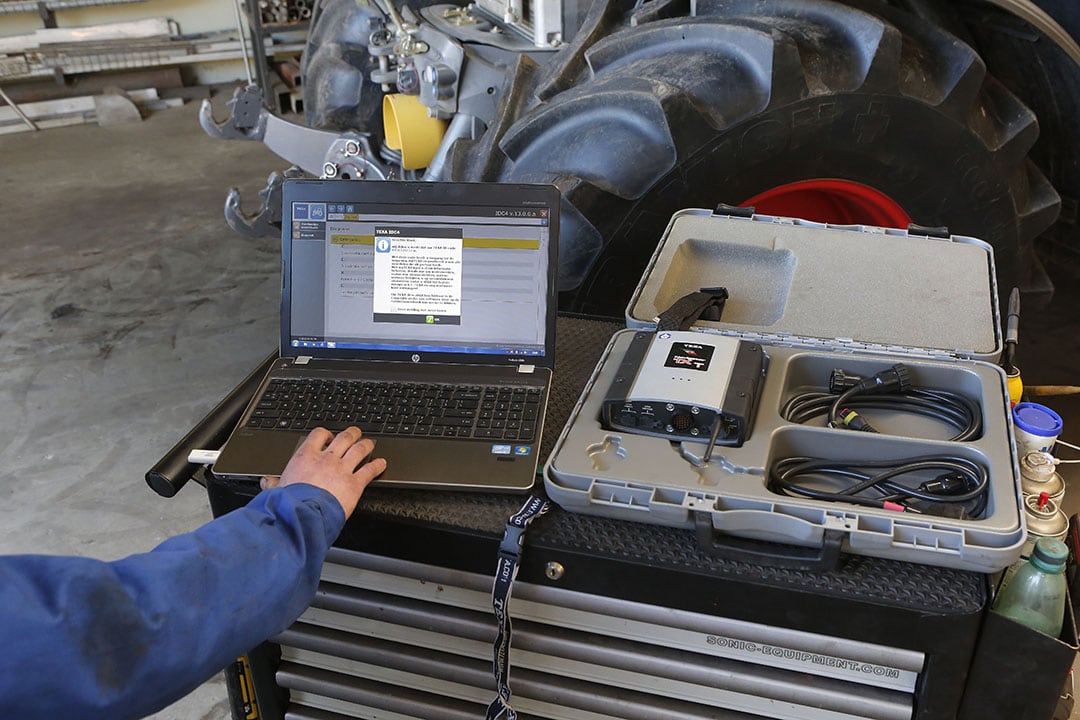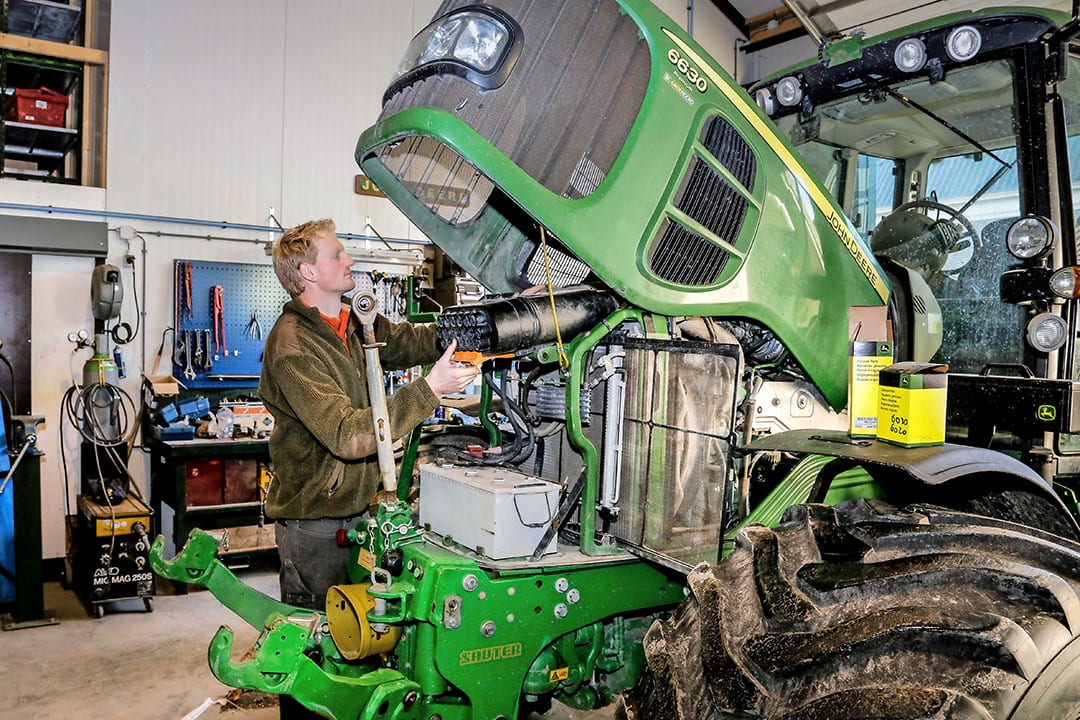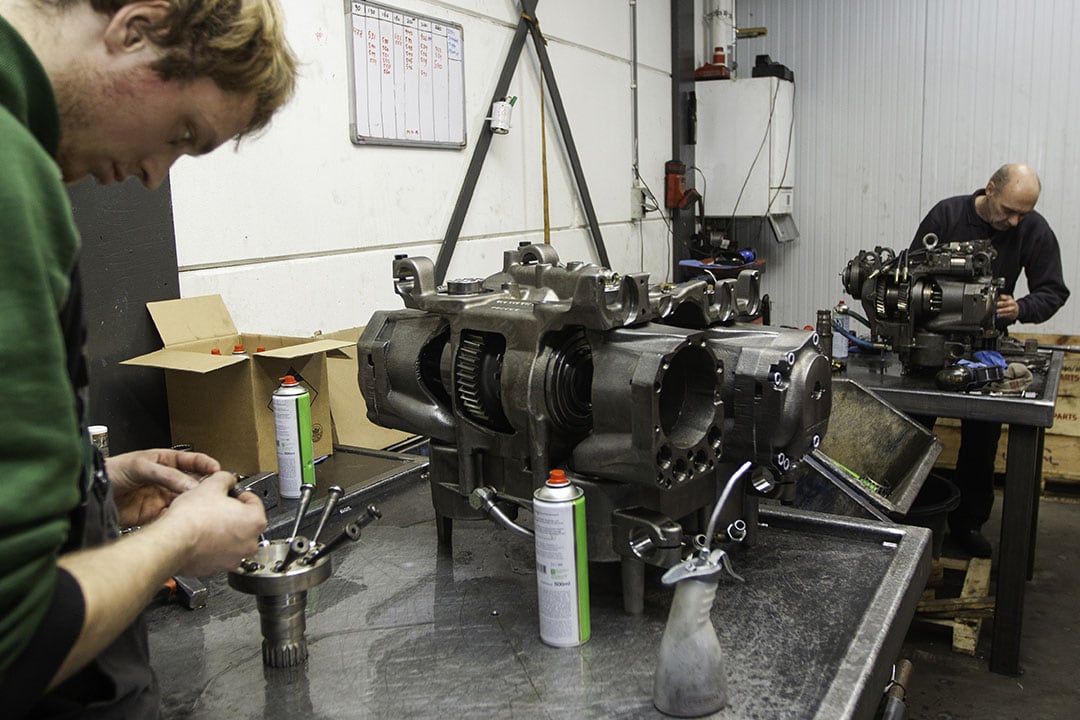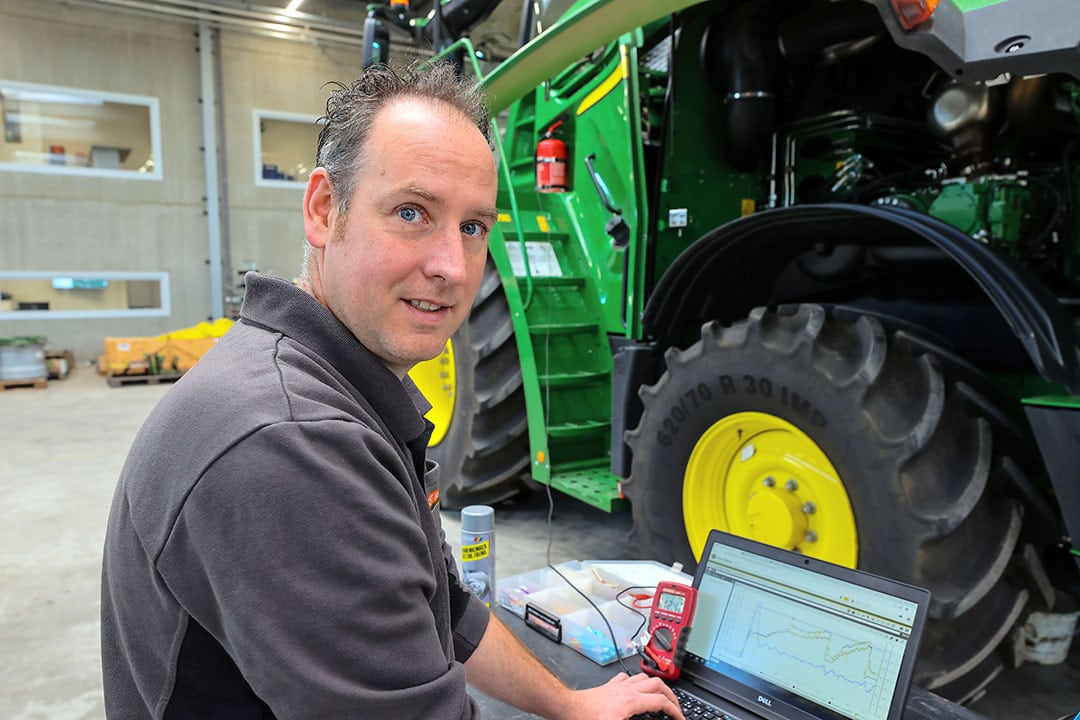Right to repair: Dealers and farmers seeking policy balance

Farmers are becoming increasingly dependent on data and software. This has its downsides, such as the discussion about the right to repair. Do farmers have the right to fix equipment when break downs occur, either by themselves or by those not certified by the original manufacturer? Future Farming looked at how dealers and farmers are seeking policy balance in the United States, Canada, Europe and Australia.
The “Right to Repair” movement takes on a patchwork appearance in North America, with different levels of government within Canada and the United States seeking to get ahead of perceived problems facing many industries and the tech-consuming public more generally.
The problem
Broadly speaking, and as in other political jurisdictions, right to repair issues in Canada and the United States stem from concerns around consumer electronics. Specifically, the ability for purchasers of a particular piece of technology such as a smart phone or a medial device to get the item repaired by individuals or companies other than the original manufacturer.
In the agriculture sector and other industries – including hospitality and manufacturing, amoung others – the issue shifts to whether purchasers have the right to fix equipment when break downs occur, either by themselves or by those not certified by the original manufacturer.
Two factors are involved – can equipment be fixed so as not to violate warranty but still allow the operator to continue working, and will the fix make the operator legally liable if an accident occurs?
Text continues underneath image

Modify electronic tools
The latter question is particularly pertinent since right to repair discussions have also included demands from some farmers and organizations for the ability to modify electronic tools (e.g. The Repair Association in the United States, which argues for complete and unfettered repair rights for purchased equipment). Currently, many digital platforms or means by which machinery can be augmented through programing changes are not permitted by equipment manufacturers.
Where it started
The right to repair question is not new. In Canada, for example, the issue has been repeatedly raised in parliament and through a variety of parliamentary committees in recent years. A wide swath of American States have similarly been debating the subject for years. Consumer groups and what is sometimes referred to as the “repair industry” has been largely involved in the discussion, which began in earnest over six years ago.
iPhones and other Apple products constitute one of the most common and high-profile examples of what is, as has been argued by right to repair proponents, a form of consumer entrapment where the buyer is forced to go to Apple for any and all repairs or functionality issues, or rely on the company for an outright replacement. This is managed by the company in different ways, including the use of specialty disassembly tools.
Text continues underneath image

John Deere
John Deere, for example, has been one of the most widely-criticized agricultural companies for what can be seen as its repair exclusivity policies – policies which some American right-to-repair proponents say violate purchaser rights provided under federal copyright laws.
Such monopolies are seen by many as unnecessarily expensive, wasteful, and time consuming for the purchaser. They have come to prominence as everyday-use digital tools became near universal in the public’s collective pocket, and in the field.
A complex and nuanced problem
Though viewed with distain or at least irritation, guaranteeing purchasers the right to make whatever changes they want via whomever they want, generates complicating questions.
Those opposed to complete opening of repair rights reiterate the danger and potential tool abuse such a decision could make possible.
On the manufacturer and dealer side, the prospect of fixing machines which are under warranty but were also altered in unapproved ways (e.g. reprogramming a tractor to run significantly hotter and faster than is recommended by the manufacturer) is hard to stomach. Additionally, opponents of widespread repair rights say the majority of repairs are still mechanical in nature, and can already be freely fixed by operators.
Used equipment
Concerns about the selling of used equipment which has been modified outside manufacturer recommendations is also a concern, in that the buyer no longer knows to what extend the safety or longevity of the machine may have been reduced. The potential theft of intellectual property has also been raised by companies like Apple.
As farm equipment gets increasingly digitized, however, seemingly inconsequential electronic issues like ill-timed error codes have been reported to cause pauses in production. Right to repair sympathizers thus argue for balance between liability and warranty concerns, and the ability to get things moving again when time is of the essence – even if the answer to the latter means simply turning off the offending digital tool, and driving on.
On top of it all are concerns about the aforementioned repair industry. Specifically, what will happen if repair restrictions eventually achieve an extreme where no person or company can repair a tool without being part of or directly accredited by the original manufacturer?
Such a scenario would, as is often argued, be very unfavourable for innumerable independent businesses of all sectors.
Text continues underneath image

Current Canadian and American policy
Repair rights are tied to federal copyright laws in Canada and the United States. Thus, changes at the federal level are required to enshrine the ability for private citizens to access independent repair services, or fix things themselves.
Member of Parliament Brian May introduced a private members bill to the House of Commons early in 2021 to amend Canada’s current legislation to this end. As of this past June, Republican Joe Morelle introduced a similar bill to the United States House of Representatives. In both countries, though, individual provinces and states also play a role.
Right to repair legislation
In America, dozens of states have already enacted some form of right to repair legislation. An attempt to introduced similar legislation in Ontario failed under the province’s previous government. Should the federal level bill pass, however, each Canadian province will subsequently have to decide how to interpret and enforce the act.
Broadly speaking, right to repair legislation is touted as an attempt to get ahead of the ever-increasing digitization of all aspects of life, both public and private, thereby avoiding what many consider to be a dystopian future where citizens cannot change their own winter tires, open the back-end of a smartphone, or continue seeding crops when in-cab monitors go on the fritz.
Hope for balanced solutions
Farm groups are waiting to see how federal policy changes will take shape, and how individual states and provinces will enforce it. Many hope the presence of existing laws will aid in the development of more sensible, mutually-beneficial policies at each level. Indeed, the argument for balanced, common-sense policy appears to be growing in prominence on both sides of the right to repair conversation within North America’s agricultural sector.
More extreme positions on both ends of the spectrum still exist, of course. How unifying federal policies will be remains to be seen.
Text continues underneath image

Join 17,000+ subscribers
Subscribe to our newsletter to stay updated about all the need-to-know content in the agricultural sector, two times a week.



